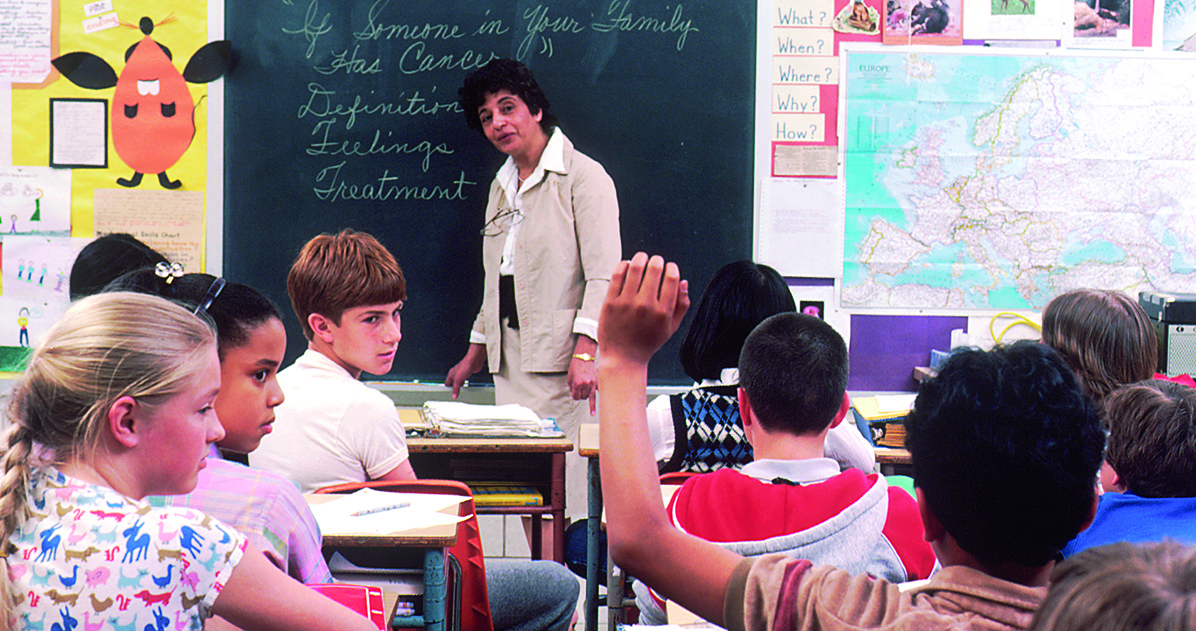
[dropcap]A[/dropcap] new bill wants to remove religious ethos from sexual education in Irish schools.
The Objective Sex Education Bill was introduced in Dáil Éireann by Solidarity TDs Ruth
Coppinger, Mick Barry and Paul Murphy on March 29th. It will be debated in the Dáil on 18
April.
“The way sex education is taught to young people in school is not fit for purpose,” said
Coppinger on April 4th at the launch of the bill.
If passed, the legislation would remove any religious ethos from sexual education in schools.
This is following the reformation of Relationships and Sexuality Education (RSE) as proposed
by Minister for Education Richard Bruton at the beginning of April.
Coppinger said many religious schools outsource the teaching of sex education, highlighting
that Catholic schools in particular “routinely outsource” it to Catholic groups. Approximately
90 per cent of primary schools in Ireland are Catholic.
“The sex education which young people receive is from a religious point of view meaning
that issues of sexuality, LGBTQ issues, contraception and reproductive rights are not taught.
Young people are being told to abstain rather than being taught about important issues of
consent,” Coppinger said.
Coppinger wants to see issues such as sexuality, LGBTQ issues, contraception, reproductive
rights and consent to be taught rather than abstinence. The TD said that in 2016, Catholic counselling group ‘Accord’ delivered RSE programmes in 53 secondary schools and 347 primary schools in Dublin.
According to the Irish Examiner, the HSE’s Crisis Pregnancy Programme has credited RSE
classes as a significant factor in the 64% drop in teen pregnancies over the last decade.
“From what I’ve experienced children who aren’t of the religion taught in schools sit out and
do other work during religion time but sex ed is something that should involve every
student regardless of their religion,” said an anonymous primary teaching student in St.
Patrick’s college.
“By including religion, children of different religions may feel excluded or that the topic is
irrelevant to them,” the student added.
The government has not yet specified if it will support or object to the Bill.
Orla Dwyer
Image Credit: IAS Paper



